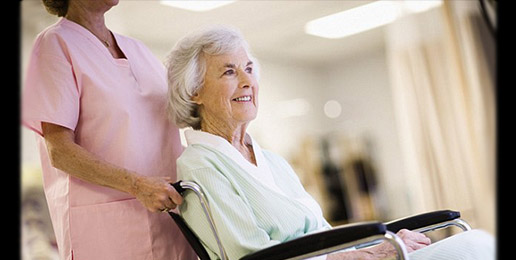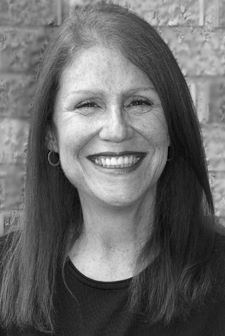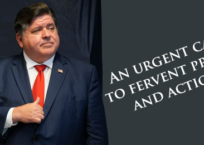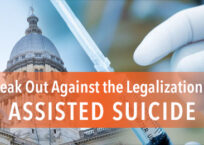
An article in the May, 2018 issue of the Journal of the American Geriatrics Society titled “Rational Suicide in Elderly Adults: A Clinician’s Perspective” by Meera Balasubramaniam, MD, MPH recently appeared in both medical and nursing news sources.
Dr. Balasubramaniam begins with a case study of “Mr. A” who at age 72 is considered a “baby boomer”, along with a whole section on the “baby boomer” generation-those born between 1946 and 1964 (ages 54-72).
Mr. A was a retired widower who had recently undergone successful cancer surgery and used a walker. He had no terminal illness but he told a nurse that he always entertained the idea of ending his life “while I’m still doing well” and that if his health showed signs of failing or became too arduous, he would consider suicide. He stated “I’ve lived a good life. I’ll see how it goes, but it’s better to die well in my early 70s than have a life in which I have to be anxious before every doctor’s visit or have repeated surgery or end up in a nursing home.” (Emphasis added) A psychiatric consult showed no mental health problem.
Dr. Balasubramaniam says she wrote this article to “explore whether ethical arguments in favor of physician–assisted suicide apply to elderly adults who are tired of living but are not terminally ill”. (Emphasis added)
While claiming to not take a view on “whether suicide in non–terminally ill elderly adults can be rational,” Dr. Balasubramaniam states that “It is important to consider the possibility that the combination of negative perceptions toward aging and dependency, greater social isolation, increasing access to drugs, greater need for autonomy, and an overall generational familiarity with suicide may be accounting for a higher proportion of older adults like Mr. A expressing the wish to end their lives on their own terms”. (Emphasis added)
It may seem incredible to even consider “tired of life” and older age as a “rational” reason for medically assisted suicide. However, Holland and Switzerland already allow it and the article itself cites the UK group “My Death My Decision” (formerly SOARS, The Society for Old Age Rational Suicide) that supports the idea that mentally competent older adults should have the right to assisted suicide rather than face an uncertain life that may be “fraught with frailty and dependence”.
As a Baby Boomer myself, we baby boomers were among the first teenagers exposed to a growing societal acceptance of new concepts like divorce , “free love” with the help of the birth control pill and legalized abortion, the “population bomb” predicting global cataclysm if people didn’t stop reproducing, the use of illegal drugs like marijuana and LSD for recreation, the rejection of religious principles and the slogan “don’t trust anyone over 30”.
So perhaps it should not be puzzling that people over 55 comprised the majority of people dying by physician-assisted suicide in the latest Oregon report since we saw so many of the traditional civil and moral moorings in society pulling loose when we were at an especially vulnerable age.
As one sage said, “Old age ain’t for sissies!” But, of course, this is not a “rational” excuse for legalizing assisted suicide for anyone-of any age.
Still, our older citizens are an especially high risk group for elder abuse, household accidents, money scams, social isolation, age-related medical bias and poor or even dangerous nursing home care.
Having friends, family and a meaningful purpose in life becomes harder when older people see their loved ones die or move far away and physical or mental limitations develop in themselves. Many older people fear losing their independence as well as being a “burden” on others.
Medically assisted suicide is not the answer but what else can we do to help?
We can start with our own family members, friends and neighbors. Like all of us, older people need to feel loved and appreciated. Look for ways to assist an older person that he or she might not have considered or be too embarrassed to ask about.
When I was a young wife and mother, our church parish started a Good Samaritan program to identify and help people with special needs of any age. It was a great success and our parish became more inclusive and accessible to everyone, especially the elderly. That was a benefit to all of us.
Other programs such as visiting one person for one hour each week in a local nursing home have helped some parishes to combat the sad reality I have seen that few people in nursing get visitors, especially people with dementia.
Many of us naturally feel uncomfortable about going to nursing homes, but such places are usually thrilled to have volunteers and most have training programs.
Personally, my first volunteer activity was as a young teenager in a nursing home and it changed my perception of “old people” and life itself. I was amazed by the wisdom and stories the residents told as well as how much they appreciated anything I did. It was a great experience for a shy, gawky teen like myself.
Many years later, I took my young children to visit their grandmother in a nursing home after telling them what to expect in terms of sights, smells and sounds. Afterwards, my youngest daughter asked why everyone wanted to touch her leg while I held her. When I explained that the residents rarely saw a 2 year old and were so glad to see her, she grinned and said “OK!”. She understood even at that young age.
In a society that seems to constantly celebrate youth and health, we need to make sure that our elderly also feel valued and supported.
And we might just save a life!
This article originally posted at NancyValko.com























